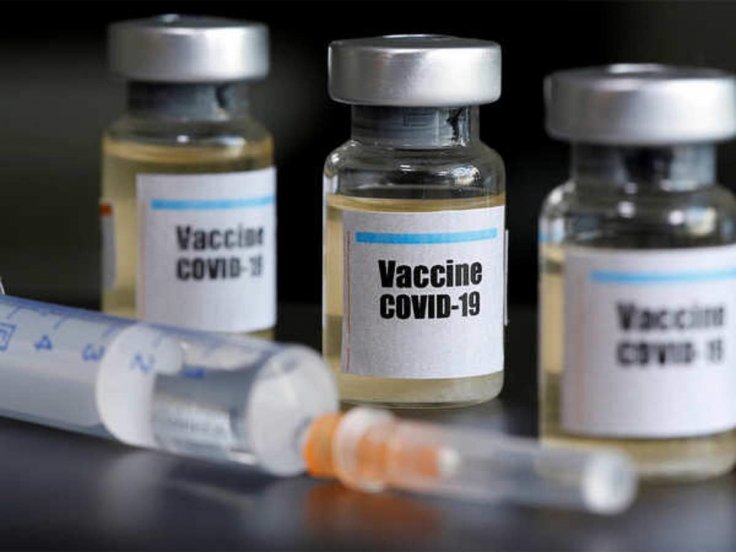The United States has already started the immunization of its citizens. Healthcare workers and nursing home residents have already started receiving their vaccine doses and senior citizens above the age of 65 are next in queue. This is almost the scene everywhere but there has been some confusion in some states, especially in Florida.
Questions have been raised if Florida has been giving Covid-19 vaccines particularly to Canadians to boost the state's tourism. Since then several social media users have been trying to find out the truth behind this, with many claiming that such a move might lead to a delay in Americans getting the vaccine doses by several months.
Who Gets the Vaccine?

According to official statements, the immunization process has started with frontline healthcare works. People above 65 are next in queue irrespective of their citizenship. This includes elderly Canadians visiting Florida. Canada has also ordered millions of doses of the Covid-19 vaccine but has been slow in the immunization process.
However, there has been confusion that hospitals in Florida have been asking for residency proof from Canadians. Claims are being made that Florida is particularly taking interest in giving Canadians the vaccine so that more people come to the state.
The Covid-19 vaccine has already been rolled out in the United States and Canada but many were wondering how it would impact tourism and travel, particularly the yearly trend of Canadians who travel to United States during the winter months. Canadians are known for temporarily migrating from colder places to warmer ones, and for many, the state of Florida is a prime destination.
Now, claims are being made that Florida is taking this opportunity by giving preference to Canadians in a bid to boost the state's tourism industry.
What's the Truth?

Some retirees have reconsidered travel in 2020 because of the coronavirus pandemic, which is hitting the tourism industry in the United States. While it is strongly being debated that the state of Florida is acting in its own interest, truth is that after healthcare workers, senior citizens older than 65 will get the vaccine regardless of residency status, including in Florida.
What is not true is that there are no such plans of giving vaccines to Canadian seniors in particular to boost tourism, at least Florida Governor Ron DeSantis hasn't given any such indication.
It is also unclear whether there is any sign that Canadian travelers to Florida can hope to get a vaccine quicker there. However, as of now, there is not particular preference being given to Canadians. According to the Centers for Disease Control and Prevention's (CDC) 'Florida Interim covid-19 Vaccination Plan,' one need not be a full-time Floridian to receive the vaccine in Florida: "The goal of the Florida Covid-19 Mass Vaccination plan is to immunize all Floridians and visitors who choose to be vaccinated."
There has been further confusion about the residency status of people receiving the vaccine. According to a report in Tampa Bay Times, some hospitals in Miami-Dade and Broward counties are asking for local residency proof, at odds with the state directive. But even that's not true and if such a rule is imposed, hospitals will be informed, according to authorities.
As of now, many Canadians are not sure about if they would be traveling to the United States this winter owing to the surge in new coronavirus cases, while several are basing their decision to travel on where they will have a higher likelihood of getting the vaccine. And a lot of these decisions will depend on the availability of vaccines in Canada, where seniors will be prioritized in the first phase of immunizations alongside healthcare workers and adults in indigenous communities.








